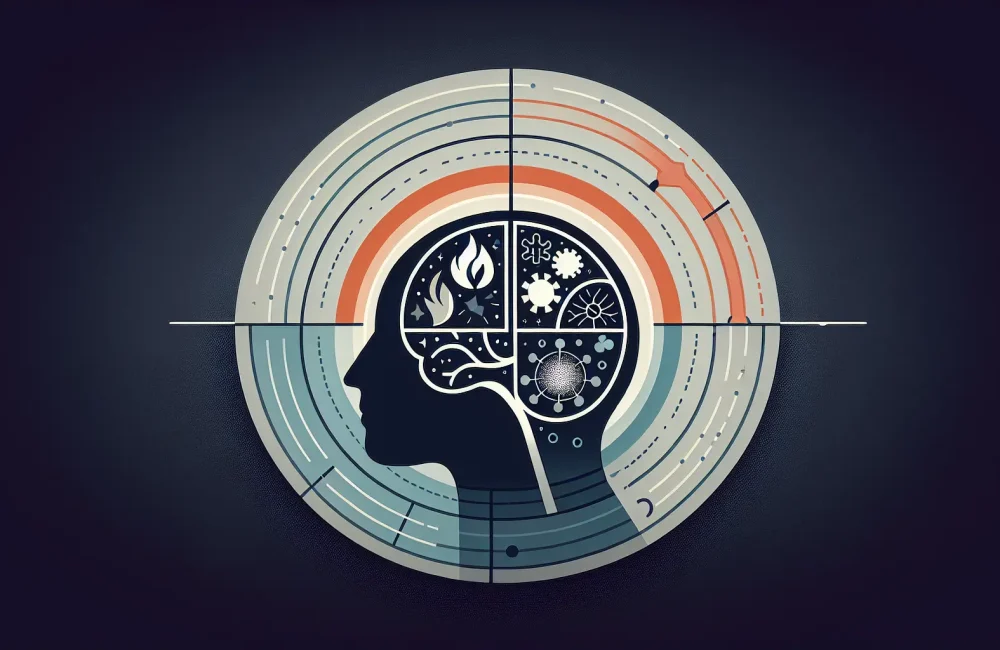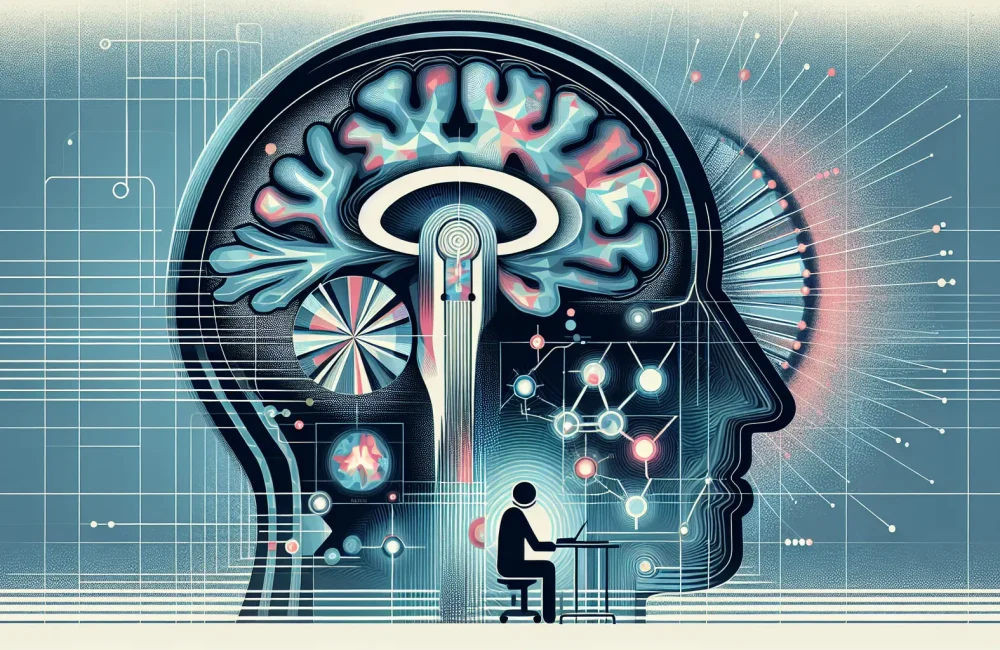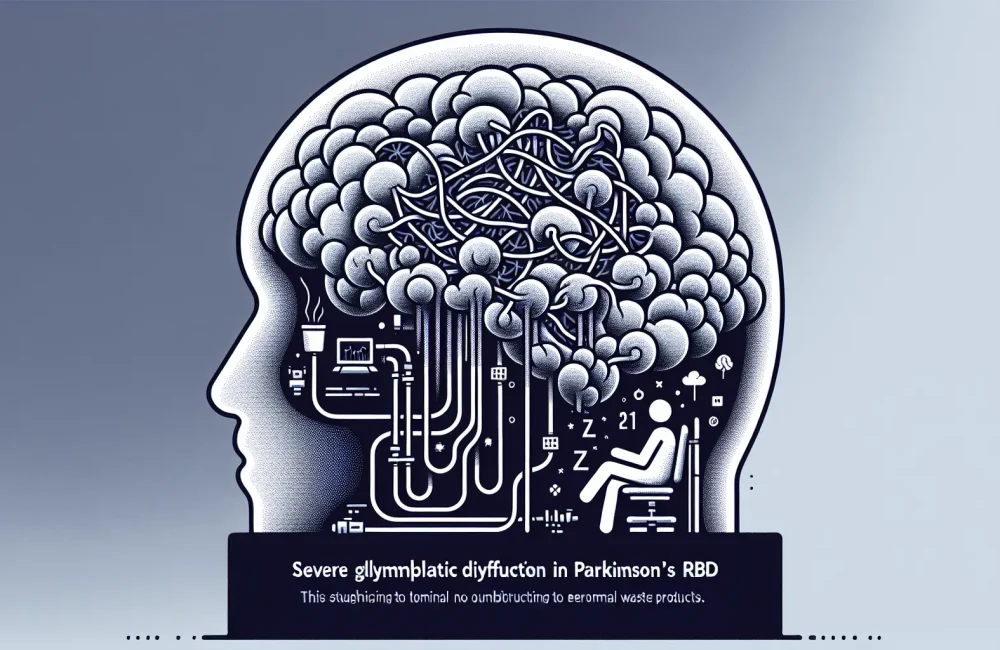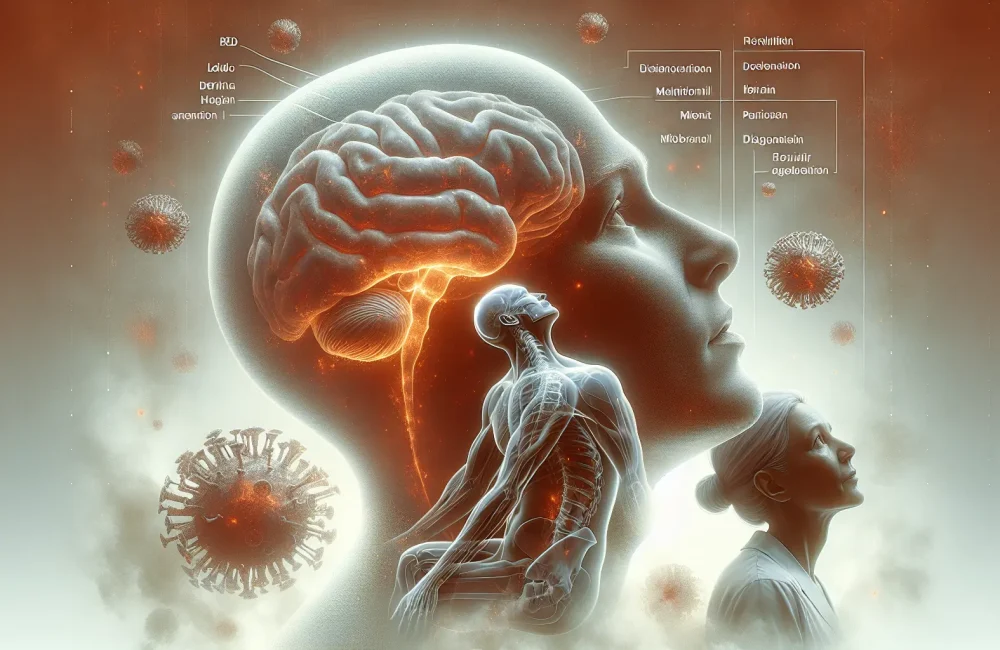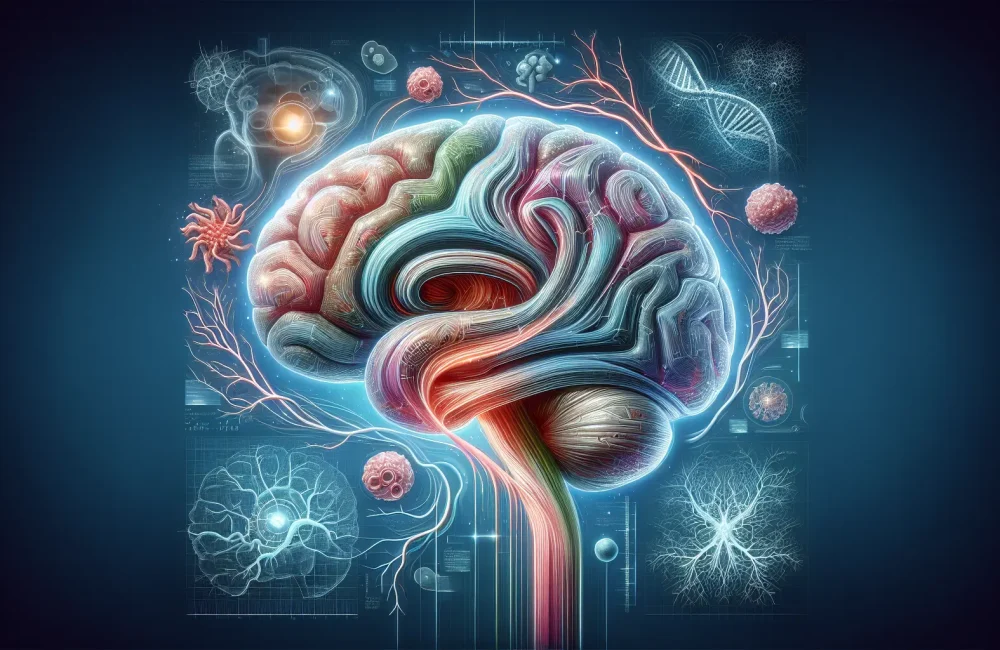By CAFMI AI From Nature Reviews Disease Primers
Understanding Autoimmune Encephalitis: Clinical Features and Diagnosis
Autoimmune encephalitis represents an emerging group of neurological disorders in which the body’s immune system mistakenly targets the brain, specifically components of the central nervous system. This attack leads to brain inflammation with a wide-ranging clinical presentation. Healthcare professionals, especially those in primary care and neurology, should be aware that patients often present with a constellation of neurological and psychiatric symptoms including memory loss, seizures, confusion, psychosis, and various movement abnormalities. These symptoms can appear rapidly and mimic other neurological or psychiatric conditions, posing a diagnostic challenge in clinical practice. Early recognition through detailed clinical evaluation is crucial, as delays in diagnosis can lead to worse outcomes. The diagnostic workup typically involves multimodal approaches: brain magnetic resonance imaging (MRI) may reveal characteristic inflammatory changes, cerebrospinal fluid (CSF) analysis often shows inflammatory markers, and detection of specific autoantibodies against neuronal proteins like NMDA receptor, LGI1, or CASPR2 in serum or CSF is foundational for confirming the diagnosis. These autoimmune antibodies disrupt normal neuronal function and define distinct subtypes of the disease. Accurate and early diagnosis through such comprehensive approaches guides timely intervention and improves prognosis, emphasizing the critical role of vigilance among clinicians.
Treatment Modalities and Management Strategies
Effective treatment of autoimmune encephalitis hinges on prompt immunotherapy to halt the immune-mediated brain inflammation and prevent irreversible neuronal injury. Initial therapies commonly include corticosteroids to reduce inflammation, intravenous immunoglobulin (IVIG) to modulate immune responses, and plasma exchange to remove pathogenic antibodies from circulation. In more severe or refractory cases, advanced immunosuppressants such as rituximab, which targets B cells, and cyclophosphamide may be necessary to achieve disease control. Clinical evidence supports that early and aggressive treatment significantly enhances recovery rates and reduces the frequency of relapses. Nonetheless, some patients may continue to experience long-term neurological or cognitive deficits despite therapy, highlighting the need for ongoing monitoring and supportive care. Multidisciplinary involvement is essential and typically includes neurologists, psychiatrists, immunologists, and rehabilitation specialists who collaborate to address the complex needs of patients, including managing psychiatric symptoms and facilitating functional recovery. Optimal outpatient follow-up protocols are important to detect potential relapses early and adjust treatments accordingly. Understanding immunotherapy options and their timing can directly influence patient outcomes and should be normalized in clinical practice workflows for clinicians managing suspected autoimmune encephalitis.
Research Advances and Clinical Implications for Practice
The field of autoimmune encephalitis is rapidly evolving with ongoing research focused on uncovering disease triggers, refining diagnostic techniques, and developing targeted therapies that are more effective and have fewer side effects. Advances in antibody detection methods have revolutionized prognosis by enabling identification of specific autoimmune subtypes, thereby allowing clinicians to tailor immunotherapies more precisely. Epidemiological studies provide important insights into patterns of incidence and relapse, guiding screening and prevention strategies especially in diverse patient populations. Clinicians should be aware of emerging evidence linking autoimmune encephalitis to certain cancers or infections, thus screening for associated neoplasms or infectious triggers forms a key part of the diagnostic and counseling process. Educating patients on red-flag symptoms that warrant urgent reassessment, such as worsening neurological deficits or new psychiatric symptoms, is vital. Moreover, multidisciplinary care models that integrate neurologic, psychiatric, and immunologic expertise optimize patient-centered approaches. Future guidelines are anticipated to incorporate standardized clinical pathways that facilitate early diagnosis, risk stratification, and personalized treatment plans to improve long-term outcomes for autoimmune encephalitis patients in everyday clinical settings.
Read The Original Publication Here
